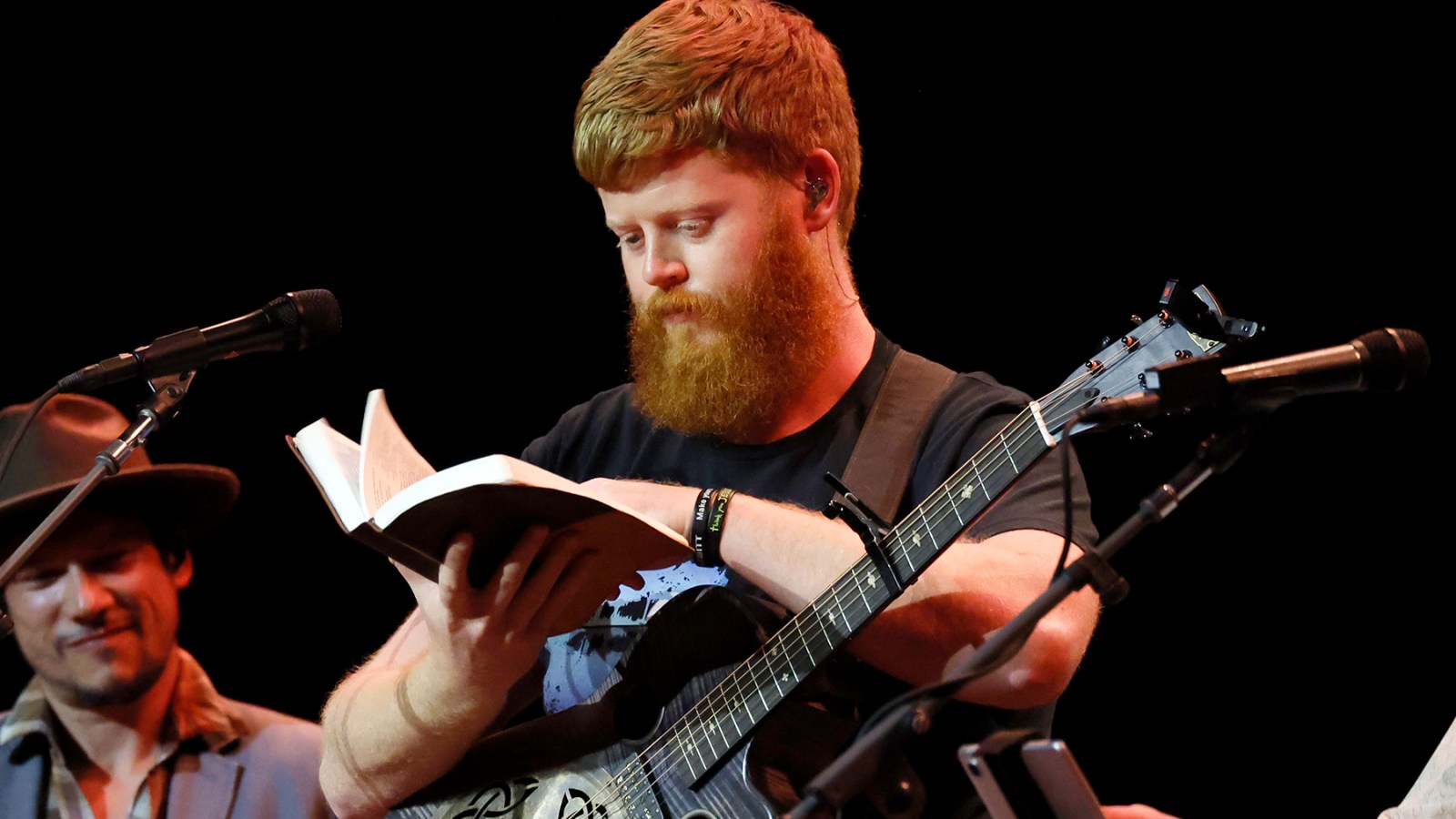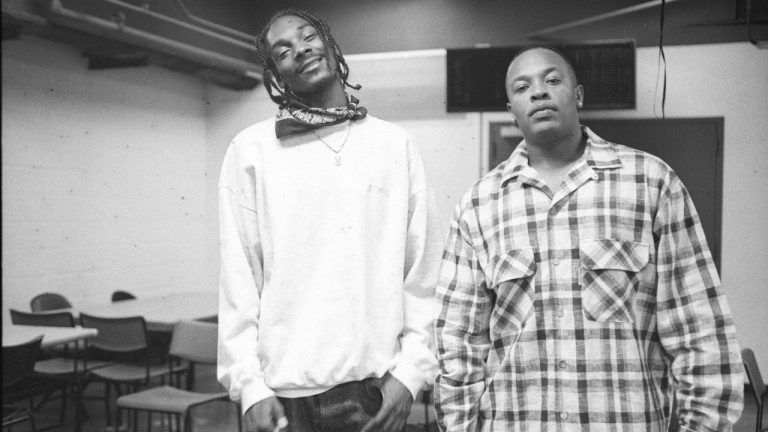Oliver Anthony wants to “light a fire that no one can really extinguish in my lifetime or after.” In a new video posted to his YouTube channel, the singer-songwriter, who became an instant star with his controversial screed “Rich Men North of Richmond,” details that he will be walking away from the music industry to focus on traveling ministry work. He clarifies, however, that he will still be making music.
“I’m in the process of getting out of the music industry. It’s a big joke,” says Anthony, who filmed the video while sitting cross-legged at the “infamous spot” in a field in Virginia, where it all started. “The plan is to eventually change my entire focus to traveling ministry work. It’s all part of this Rural Revival thing. I just have to go at it in baby steps since it’s completely DIY. No, I’ll still be releasing music just like normal, I’ll just be set up legally as a ministry.”
According to his website, the Rural Revival is aimed on “revitalizing rural farms and communities, promoting sustainable development, and improving the quality of life for people living in rural areas” by transforming abandoned farms into places where “people can go and learn how to can food and learn how to raise animals.” The project, which remains vague on specifics and logistics, includes plans to play shows in towns and counties with “a financial deficit.” Under the project, he hopes to connect those that “have just gotten out of rehab, with PTSD, and people who are depressed and suicidal” with nature and teach them how to exist “outside of a system that has just kind of been placed on us as a generation.”
Surrounded by sunlight pouring through the trees and occasionally interrupted by his dogs, who roam in an out of the camera’s frame, the musician continues to lay out his plans for the future in the 25-minute clip. “I don’t know what I am,” he continues. “I guess I’m a conservative. I am a conservative because I believe in the first and second amendment. I don’t know if I’m a Republican or what the hell I am. I am just somebody who thinks the whole way we live is so ass-backward and so stupid. It serves no one than people at the top of a hierarchy that we no longer really need to serve.”
Since uploading “Rich Men North of Richmond” on August 2023, the populist anthem has been eagerly embraced by right-wing pundits, with Matt Walsh and Laura Ingraham hailing the song as a true reflection of working-class America. During that month’s Republican presidential debate, Florida Gov. Ron DeSantis responded to a question asking why the tune had struck a chord with so many in the U.S. “Our country is in decline,” he said, before quipping: “Those rich men north of Richmond have put us in this situation.”
Anthony later said in a video that it “cracks me up” that the song was played at the debate and the candidates were forced to listen to it because he “wrote that song about those people.”
Meanwhile, his song drew sharp criticism from the left, with critics accusing Anthony of punching down and harboring racist sentiments.
“It’s aggravating seeing people on conservative news try to identify with me like I’m one of them,” Anthony said at the time, while asserting that his track had been taken out of context and weaponized. “I see the right, trying to characterize me as one of their own. And I see the left trying to discredit me.” In a separate Facebook post, he clarified: “‘Rich Men North of Richmond’ is about corporate owned D.C. politicians on both sides.”
In the sprawling video shared this week, Anthony says that after a year in the music industry, it had “opened my eyes to how much control and how much visibility there is on the top down.”
He shares that his great-grandfather was a traveling minister and that moving forward, he’s “looking to switch my whole business over to traveling ministry.”
“I have this vision,” he says. “I want to create a routing schedule that runs parallel to Nashville, circumvents the monopoly of Live Nation and Ticketmaster, and goes into towns that haven’t had music in them in a long time. It stimulates their economy, showcases their culture, it uses local vendors and local musicians. You’re not having to drive out to Pittsburgh to a concrete amphitheater to see a show. It’s done out on a farm or on a main street that desperately needs the economic impact.”




Leave a Comment